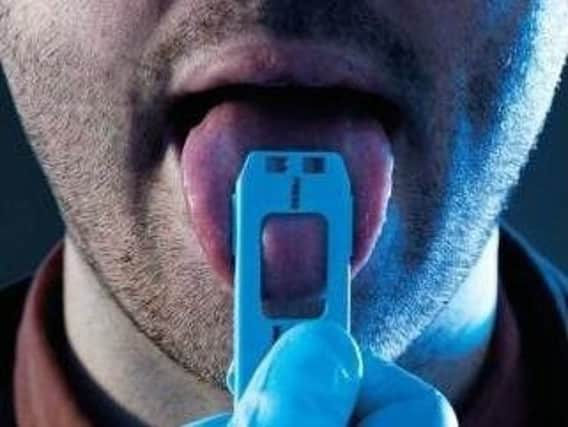Area named among very worst in UK for drug-driving offences


Research revealed that there were 315 arrests in the force area over 12 months, meaning that there is an average of 0.57 arrests per 1,000 residents.
Gwent in Wales was named the ‘drug drive capital’, after police recorded 361 arrests over 12 months - an average of 0.65 arrests per 1,000 residents - while police in Manchester recorded the most arrests for the offence.
Advertisement
Hide AdAdvertisement
Hide AdThe figures were revealed by car specialists Leasing Options, who used a series of Freedom of Information requests to uncover which constabularies recorded the highest number of arrests for drink and drug driving over 12 months.
Figures from the Department for Transport showed that drug drive arrests soared by up to 800% in a year after the Government introduced tough new laws to catch and convict offenders.
Gwent saw the highest proportion of drug drive arrests per 1,000 of its population, followed by Cleveland and South Yorkshire.
The most recent national statistics released by the Department for Transport show that in 2015, between 180 and 220 people were killed in accidents where at least one driver was over the drink drive limit.
Advertisement
Hide AdAdvertisement
Hide AdThe total number of drink drive accidents rose by 2% to 5,730 from 2014.
Latest available figures from July to September 2017 show that there were 8,315 Drink Drive Rehabilitation Scheme referrals in the three-month period.
Chief inspector Graham Milne of the Cleveland and Durham Specialist Operation Unit said: “Cleveland Police take drink and drug driving offences seriously and we regularly support national campaigns by proactively dedicating officers to specifically focus on impaired driving.
“This has been sponsored in conjunction with the Office of the Police and Crime Commissioner.
Advertisement
Hide AdAdvertisement
Hide Ad“The use of all modern policing methods means that officers have access to drug wipes which can indicate the presence of a substance at the roadside.
“If a substance is indicated at the roadside test this would then lead to an arrest and an evidential blood sample would be taken in custody from the driver to ascertain the level of a drug in their system.
“Officers working within the Cleveland and Durham Specialist Operations Unit sometimes use an intelligence led approach to stopping vehicles, which indicates that the intelligence the officers are acting on is correct.”